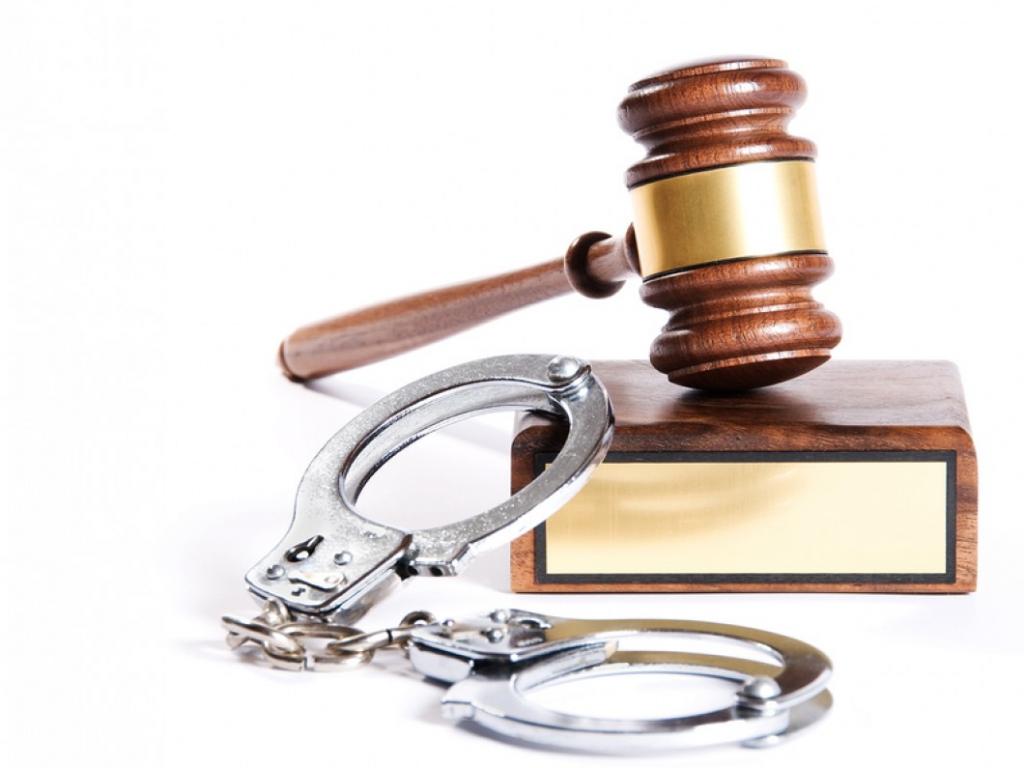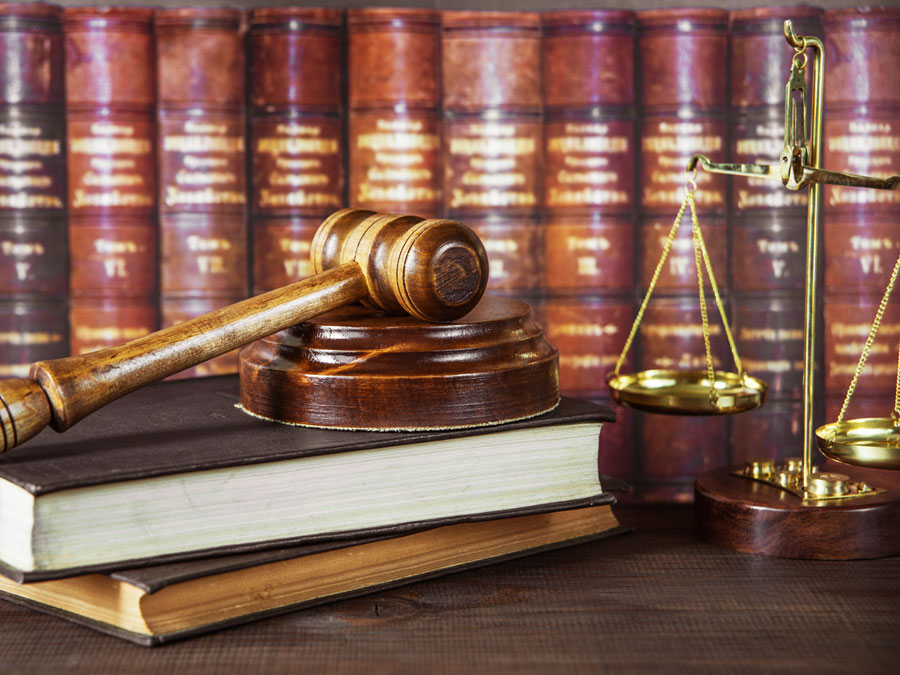The statute of limitations for criminal liability is the value that all lawyers working in the criminal law industry regularly face. Let us further consider the meaning of this concept, as well as its main features that can be encountered in the process of applying the law in practice.
General concept
Speaking about the general concept of the statute of limitations for criminal prosecution under the Criminal Code, it is important to note that these are the time periods after which a person who violates the criminal law cannot be subjected to legal consequences for the punishable acts committed by him. In this case, a person may be exempted from criminal liability, and in some situations not be brought to her at all.
It is important to note that the considered type of statute of limitations for criminal liability (under the Code of Criminal Procedure of the Russian Federation) may be interrupted or suspended depending on certain circumstances mentioned in the current procedural legislation of the Russian Federation.

About the statute of limitations
It is important to note that the procedure for exempting from criminal liability after a statutory limitation period is a rather humane institution, present in the legal system of Russian legislation. It is based on a general rule: if the state, through its competent authorities, for a certain period of time has not succeeded in prosecuting a person suspected of committing a criminal offense, then it should deviate from the idea of prosecuting it. It is worth noting that this rule cannot apply to some particularly serious crimes, which we will talk about in more detail below.
Normative regulation
It is worth noting that at present, issues related to the establishment of statute of limitations in this area are regulated by only one act of a regulatory nature - the Code of Criminal Procedure. Article 78 of this law establishes the features of the practical application of statute of limitations in practice, as well as the periods of their calculation for various types of crimes.
General data regarding the permissible periods of limitation of liability for crimes committed are presented in the content of the Criminal Code of the Russian Federation.
On the basis for establishing statutes of limitations
It is important to note that the issue of the establishment of the statute of limitations for criminal liability for fraud and other crimes stipulated by law is quite controversial in modern legal practice. They are closely associated by lawyers with the presumption of the loss of public danger as a crime in connection with the expiration of a certain period, while the latter argue that the public danger of any act is not lost during any period and even after some periods the crime remains so.
Following the point of view of other experts in the field of criminal law, over time, the crime ceases to be socially relevant, which is why all the measures used lose their precautionary effect, and also do not satisfy the needs of the injured party.
A separate group of specialists in the field of criminal law emphasizes that the establishment of statute of limitations for criminal liability under articles of law should be established due to the difficulty of proving that a person has committed prohibited acts. This is due to the fact that most types of evidence tend to disappear, and reliable testimony over time to get more difficult.
It is important to note that the legislator defines certain conditions under which the public danger of crimes cannot be lost over time, as a result of which the statute of limitations cannot be applied. A number of such crimes include, first of all, the military and those that are directed against the normal course of human life - this rule is enshrined not only in Russian regulatory acts, but also at the international level.

Beginning of the flow of dates
It is important to note that the expiration of the statute of limitations for criminal prosecution is carried out according to certain rules provided for by procedural legislation. If you follow the general rule, the statute of limitations associated with bringing a person to proper responsibility, begin to expire from the moment of committing dangerous acts.
In legal practice, there is also the concept of limitation periods regarding the application of punishment to its direct execution. In this case, the period under consideration begins from the time when the conviction issued against the person comes into force.
In the event that the crime was interrupted at any of the early stages of its commission, then the statute of limitations for criminal liability directly coincides with the moment the criminal act was completed, which constitutes the stage of preparation for it. From the last action, the statute of limitations is also counted in the case when the case considers a series of repeated actions committed by a specific person (or group thereof) that are united by a single goal.
Dates established in Russian law
It is important to note that the statute of limitations for bringing a person to criminal responsibility, provided for by modern criminal law standards in force in Russian legislation, directly depends on the severity of the crimes committed by him. So, if you disassemble them in more detail, it can be noted that for crimes of minimal gravity, the legislator takes responsibility off after a couple of years. Further, as this indicator increases, the period increases:
- for acts of medium complexity - up to 6 years;
- for serious crimes - 10 years;
- for especially grave deeds - 15 years.
It is important to note that some professional lawyers express their opinion that the statutes of limitations set for committing crimes of special gravity do not correspond to the maximum sentences presented for them.

Suspension
It is important to note that under Russian law the statute of limitations for criminal prosecution is suspended, and this happens regardless of what they are in terms of duration.
Suspension of statutes of limitation means the process of stopping the countdown of the period under consideration for the entire time during which the offender evaded the investigating authorities, as well as from the court. It is important to note that on the occasion of his detention or voluntary surrender, this period continues.
In the situation under consideration, the sums of the periods occurring before the start of the evasion of the offender from the investigation or court with the time following his detention, as well as in the case of confession, are made.

Disclaimer
On the basis of regulatory acts in force in Russia, if the statute of limitations for criminalizing a certain person has expired, the release of a former offender from liability is a direct duty, and not the right of the body that is responsible for the enforcement. It is worth noting that this obligation does not apply to the cases of those criminals who are serving sentences under the acts provided for in Art. 78 of the Criminal Code (those acts for which life imprisonment or execution is awarded). It is important to note that in relation to persons of the categories indicated in this article, the decision to exclude criminal liability on the basis of expiration of the statute of limitations is made exclusively in court and only by the judge who conducted the examination of the case on the merits.

Statute of limitations
Next, we consider the features of calculating the statute of limitations at various stages of the criminal case process.
In fact, sometimes it happens that law enforcement agencies receive a message about a crime after a long period after its commission. In the event that the statutory period for bringing to responsibility on this act has already expired, then the case cannot be initiated, which is due to the content of Part 3 of Art. 24 Code of Criminal Procedure.
Statute of limitations at the investigation stage
In that situation, if the permissible period for holding the accused person accountable under criminal law expires during the course of the proceedings, then in this case it must be terminated. It is important to note that this should be done exactly by the person who is engaged in its direct production.
In the event that the suspect or the accused person has any objections to the closure of the case, then the proceedings must be completed in a general manner, and then transferred to the court legally.
Statute of limitations at the stage of judicial review of a case
In the event that the statute of limitations for a case pending in a judicial instance expires at the indicated stage, then the proceedings on it should immediately be terminated by issuing a relevant resolution. The same applies to cases where the case submitted for consideration is already considered “overdue”.
It is worth noting that the termination of the consideration of a case can be carried out only with the consent of the defendant. It is important to note that if there is an objection to this turn of events, the consideration of the case should be continued in a general manner.
It is important to note that if the permissible period has expired at the stage of the trial, the person will be found guilty, which, in accordance with the rules, is reflected in the conviction. However, in reality, a person will be released from custody due to the expiration of the statute of limitations for holding him accountable.
It is worth noting that, based on the results of the consideration of the case, an acquittal may be imposed on the defendant, as a result of which he will not be considered convicted.

When are statutes of limitations not applicable?
It is important to note that the legislator provides for certain cases in which the statute of limitations for criminal prosecution is not established. The list of such acts is strictly defined by the criminal law (Art. 78, para. 5) is exhaustive. Such acts include:
- the commission of a terrorist act (Article 205 of the Criminal Code), both alone or as a group of persons;
- hijacking of an aircraft with the subsequent commission of a terrorist act (Article 211 of the Criminal Code);
- planning of an aggressive war, its outbreak, as well as the implementation of preparatory actions (Article 353 of the Criminal Code);
- the use of prohibited means in the process of warfare (Article 356 of the Criminal Code)
- genocide (Article 357 of the Criminal Code);
- ecocide (Article 358 of the Criminal Code);
- acts of terrorism committed at the international level (Article 363 of the Criminal Code).

In fact, with respect to certain crimes that are not included in the series mentioned above, the statute of limitations does not apply. These include acts that have serious negative consequences, the commission of which was associated with a terrorist act. The legislator relates to a number of such:
- committing an infringement on a public or statesman (Article 277 of the Criminal Code);
- forceful retention of power in their hands or its seizure (Article 278);
- the commission of armed rebellion and participation in it (Article 278 of the Criminal Code);
- attack on institutions over which international protection is established (or on persons with the same status) (Article 360 of the Criminal Code).
